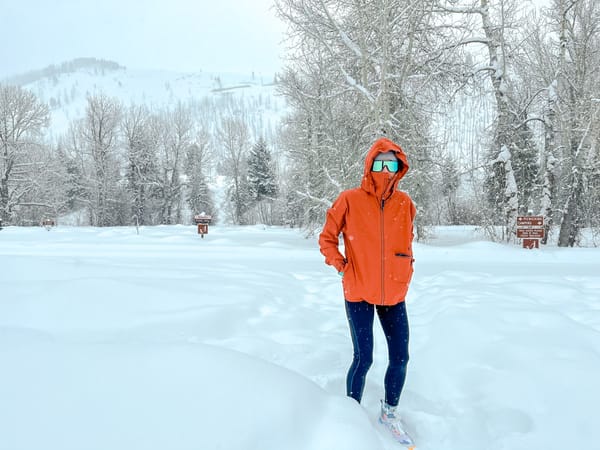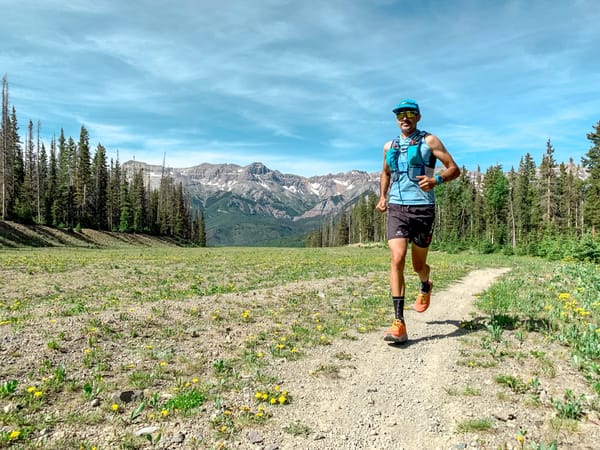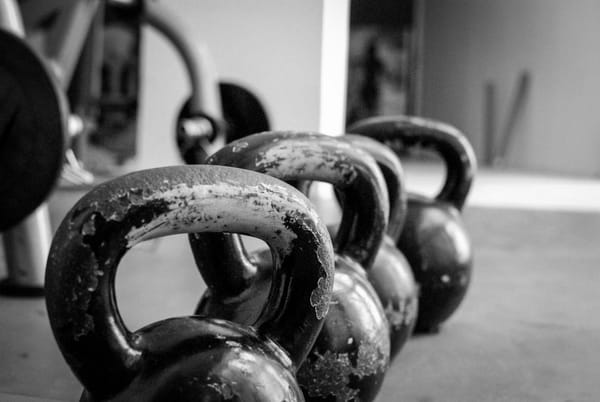Say Something!

“What? You’re going to have to speak up.”
“I’m sorry, I missed that.”
“I can’t understand the words coming out of your mouth.”
“Huh? You like quiche at midnight on the Rheine?” (uh, good try…)
Blank stare, murmur, head movement that could be a nod, yes, or a shake, no.
These are all daily responses I receive to my muted and mumbled speech. I get massively frustrated that no one hears me, that they misunderstand what I’m saying and that I continually have to repeat myself. It’s not fair because obviously it’s my fault, not theirs, that I don’t speak clearly. And obviously those that I spend time with get massively frustrated trying to have conversations with me. Unfortunately Paul and I have spent the last nearly 12 months in the van muttering to each other and straining to make sense of each other’s mumbles which inevitably results in miscommunication and irritation because he, too, is a poor enunciating low-talker. I won’t speak for him (ha!) but I suspect his hard to make out scratchy (I mean, sexy!) speech patterns are just natural physical traits. Although maybe, like me, he too is struggling to find his voice.
My voice has held me back and made me feel ashamed pretty much since I started talking, so that would be for about 42 years. 42 years of being called shy, being told to speak up, being penalized and chided for not talking “enough.” I can barely type these next words because the years of embarrassment still linger and cause immense anxiety in my chest, but: I stammered my way through childhood, adolescence and even college. Yeah, no biggie, I know. Compared to difficulties and traumas that I could have faced, I should be able to have some perspective and shake it off. I do, but I also have to wonder how it shaped my path. Last week, Paul wrote about his shame of growing up physically small and skinny and wondered if he, “was born an introvert and it magnified these experiences of not belonging, or if these experiences of not belonging made me an introvert.” I absolutely have introverted idiosyncrasies, like being overwhelmed in large crowds and possessing my personally calibrated “timer” that goes off when my tolerance for social situations expires. But would I have spoken up more in class, shared ideas in discussion groups, actually joined discussion groups, or volunteered for leadership roles if I felt more confident speaking out loud? It’s been hard for me to figure out what I want to say, how to say it and what I have to share publicly or even with close friends and family even since my speech has regulated as an adult.
42 years of acquaintances and coworkers and boyfriends informing me, reproachfully and as if I didn’t know, that I’m so quiet - practically demanding I converse when I really don’t have any comments at the time. Where is my voice and what does it have to say and what does it even sound like? I spent so many years avoiding speaking out for fear of ridicule, afraid that I would make others uncomfortable listening to my broken tongue and frustrated I couldn’t spit ideas verbally out as effortlessly as it seemed others could that I just accepted my silence. I stopped trying to discover my voice. I never believed that my voice was worth hearing, I guess, so my mumbling and whispering continues.
42 years of feeling compelled to write, likely because on paper there is no faltering over every “d” and “s” and “b” (yes, sadly my name begins with two of the most difficult letters I found to get out, which also made me live in constant terror of having to introduce myself), and that of course, like everyone, I do have things to say. There is something in here, but I haven’t quite pinpointed it. Paul and I started out our mobile life in great part due to our desire to experience new places and people to spark more writing and communication in general. Although we have ideas, I, in particular, get frustrated thinking I’m just saying the same things other people are saying, or writing to no one in particular, or writing nothing groundbreaking. So I don’t write anything - I don’t speak up yet again. Paul gets wrapped up in worry over who our audience is on social media, where everyone cares what everyone else thinks of them and everyone is vying for attention. We forget that it feels good just to be us, and though corny, that’s all we can be. I love our unique styles and each week can’t wait to see what he’s come up with.
“To gain your own voice you have to forget about having it heard.” — Allen Ginsberg
At age 43 it’s about time I give up worrying about what other people hear. Some of my verbal speech still occasionally comes out broken. My Instagram account is pathetic. My yoga practice and teaching is different than most others and I just have to go with it, hoping it connects somewhere with someone. I can, however, work on better presentation of my ideas, learn to express clear and accurate thoughts verbally and on demand, and start consciously enunciating.
As part of this self-work, I again come back to my mat. My dusty, purple yoga mat in my un-yoga-ish black run shorts and tank in the town park. Students returning to school after lunch break pass me, who knows what they are thinking about the weirdo on the grass. Courthouse workers walk to their cars parked next to me as I flow somewhat self-consciously through cat-cow, but what the hell. I’ve stopped being embarrassed about this. Yoga is part of my voice. I move between Ustrasana (camel), Halasana (plow) and my favorite, Matsyasana (fish) to alternately stretch and constrict my throat, opening and squeezing the fifth chakra, Vissudha, which is the seat of communication and self-expression. In plow I compress and squeeze out negative feelings that hold my voice in, while the two backbends expand and clear the pathway of communication. Asanas like these that stimulate our throat chakra have physical benefits to our endocrine system, helping to flush out impurities. Use of Ujayi breath, often called “ocean breath” because of the sound it makes, can bring warmth and energy to the area, and your whole being, as well. Anytime we feel muzzled, or tongue-tied, or unable to express our emotions we can use some of these practices to start our conversations flowing again.
Keep being you!
— Susan
P.S. I am extremely grateful to the classmates I had growing up who were incredibly tolerant of my speech impediment and courteous enough to never tease (in my presence at least). Kudos to them!



